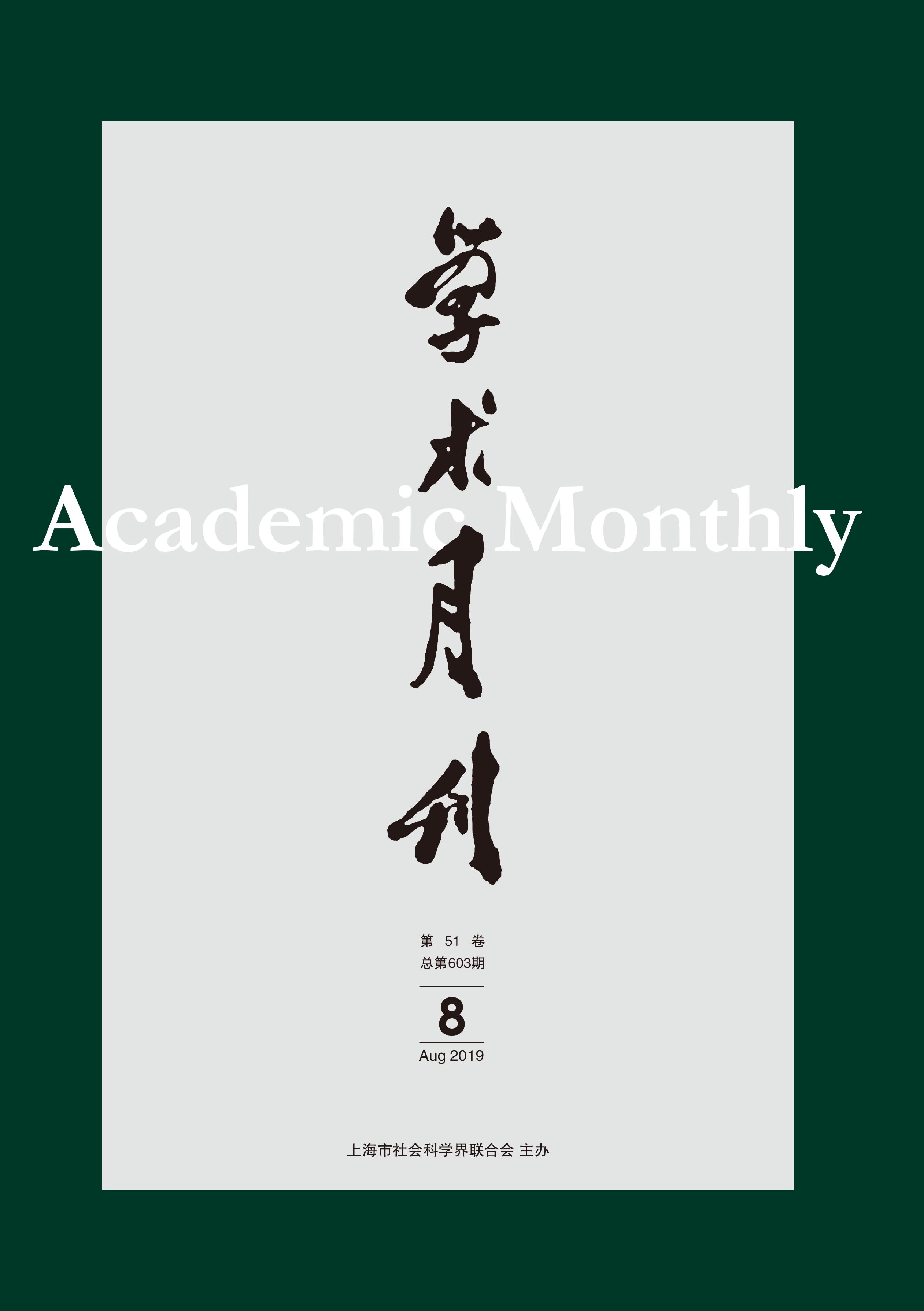Grounds of Criminal Penalty between Confucianism and Legalism: The Ancient, Modern, Chinese and Western Dimensions of Penalty for Theft in the Qing Code
- Available Online: 2019-08-01
Abstract: Modern Western criminal law has three theories for the foundation of criminal law, i.e., the punishment of retribution, of precaution, and incorporation. In Chinese tradition, Confucianism and Legalism which had a far-reaching influence in ancient times, and the issue has been received some related probing, and it can be classified into the " incorporation” theory. It means that retribution, determent and education function is confirmed. Legal penalty is seen as a retribution to crimes, and precaution is the aim of penalty. As for the means of precaution, Legalism emphasizes determent, it believes that penalty is enough, while Confucianism sees its function of education, so, it advocates a comprehensive function of rituals, musics, penalties and administration are to be put together for a function. The development of thousands of years’ traditional legal system in China had been co-founded by Confucianism and Legalism. The traditional theory of penalty is expressed in the Qing Code for theft, which had been agitated, wavered and progressed between different ideas. The current Chinese legal theory and system come from the west, but the traditional theory and practice can be beneficial complements by its positive and negative experiences with a higher level of Confucian " incorporation” and Legalism’s penalty theory



 沪公网安备 31010102003103号
沪公网安备 31010102003103号 DownLoad:
DownLoad: